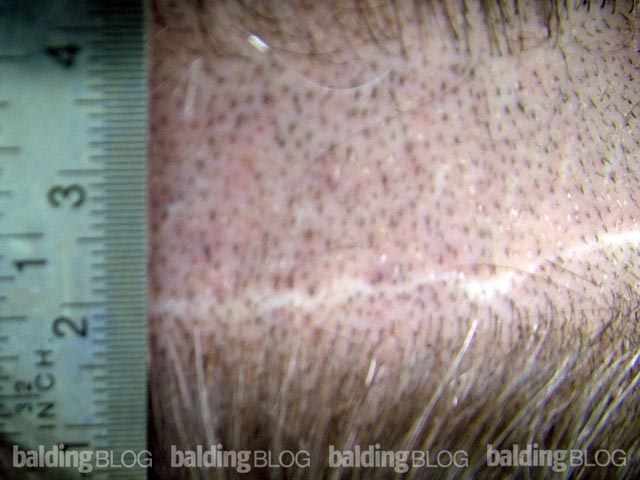I just read a complaint about me on the internet from a former patient. I figured out who he was and reviewed his medical record. He originally came to me angry with hair transplants by another clinic that left him a bit pluggy (from older type of work) and scars in the donor area (also from many years earlier). Some 7 months after I performed his surgery, I found a post on a bulletin board, which said: “Dr. Rassman does truly exceptional work…. Dr. Rassman helped me with the money and is honest and was generous to me. … never lied or exaggerated. I am disappointed, however, because I evidently had unreasonable expectations.”
‘Unreasonable expectations’ are the Achilles’ heel of cosmetic surgical procedures. In hair restoration surgery, unhappy patients are often running out of both money and hair. Some patient will continuously look for new doctors to improve their situation, or sets up the expectations in hope that their situation will be better than reality will allow.
Patients come to cosmetic surgeons with a vision of what they want. Unlike a photographer, the cosmetic surgeon is more like a portrait painter who tries to create the image, the ‘look’, that the client wants. Patients undergoing cosmetic surgery of any type need to establish realistic expectations for what the process can accomplish, so the burden on the surgeon is to help the patient get a dose of reality. Reality, in hair restoration surgery, can be challenging when it is offset against:
- sub-standard work the patient might present with (deformities common in the old type of hair transplant surgery)
- the supply/demand issues of hair
- the many attributes of hair (a white skin color with black hair, straight hair, a fine hair shaft thickness)
- the costs of the process
When repairing some of the old sub-standard work, there is an added challenge when the patient starts off angry. Anger (often with passive aggressive behavior) can be transferred to each downstream doctor and distort expectations. To address this problem, I have created a format where we have Open House events (which I have held monthly for over 14 years) and this has been an exceptional opportunity for prospective patients to see what their results will be like by meeting other patients who had gone through the process. Even for those patients who have the deformities from the old plugs, these Open House events allow prospective patients to examine subjects who have had repair work as well and see the nuances associated with these repairs. This becomes a large dose of reality. I find that patients who go that extra-step to come to an open house event are more reality based, so if they do participate in this event, disappointment is rare.
After I see a patient, I always write a letter summarizing the visit and send that letter to the patient. I have come to learn that despite these efforts, I can not satisfy 100% of the people I work on 100% of the time. I do not always read people well enough and when I think that we communicated, I may be the one with unrealistic expectation.
![]()
![]()



